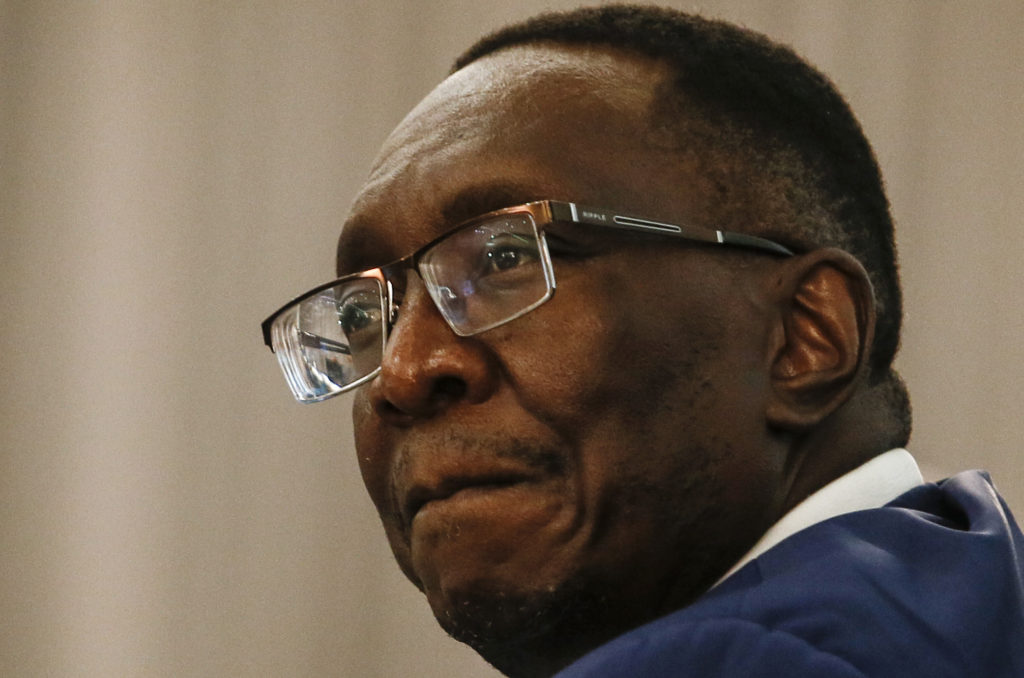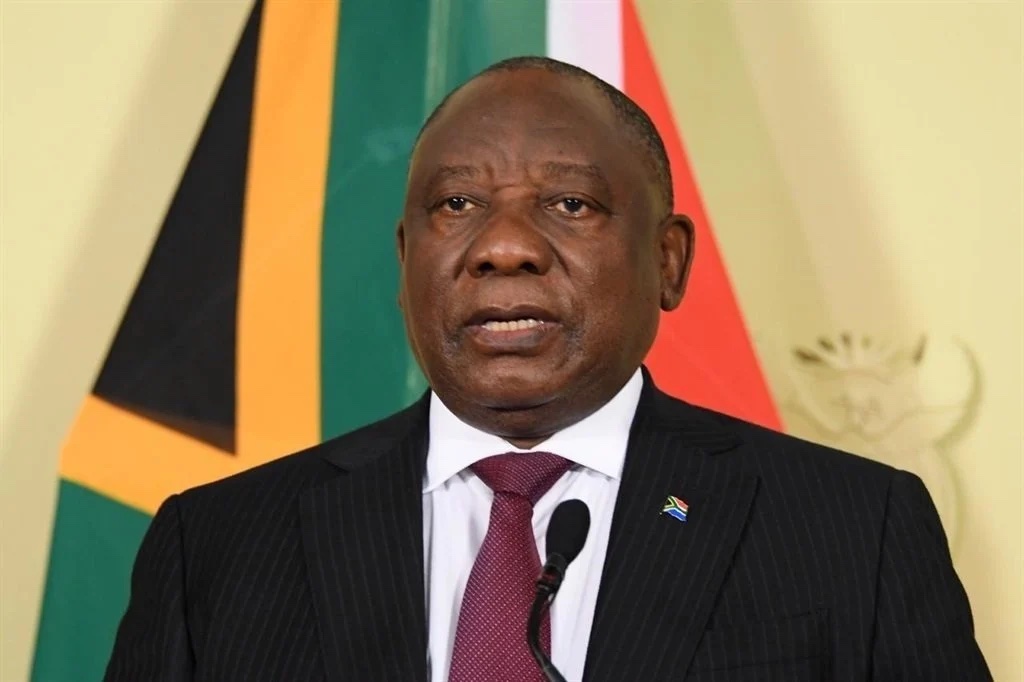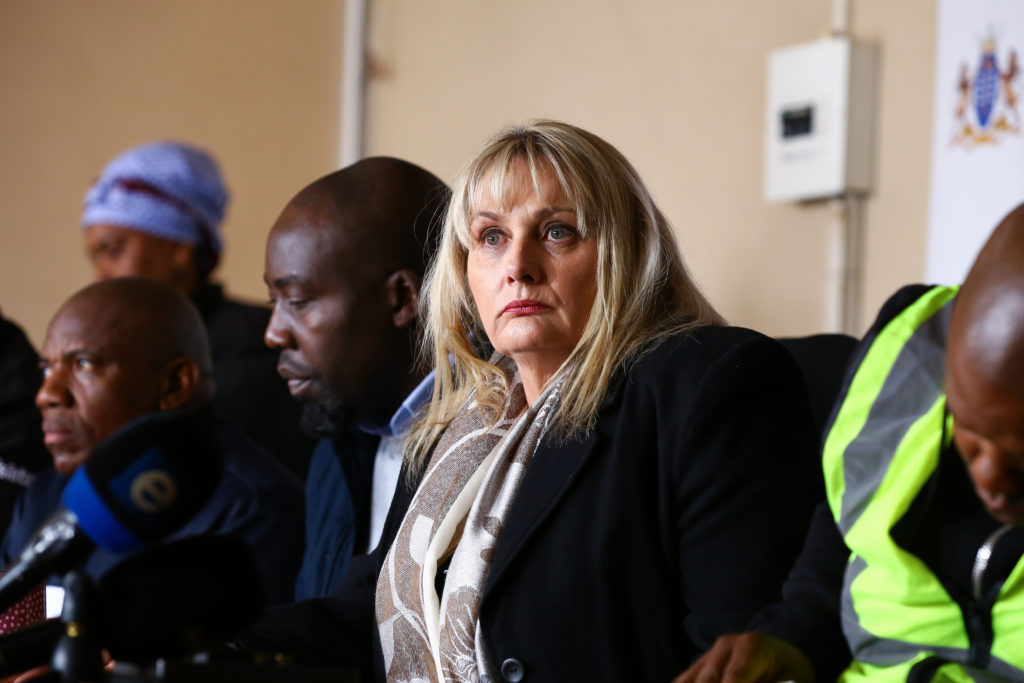What actions should be taken, if any, to discipline the Judicial Service Commission’s (JSC) commissioners following their appalling conduct during the recent interviews for the next chief justice of the Constitutional Court?
Following on from our piece yesterday, we brought you William Gumede’s argument that the JSC should be reformed and the power to appoint judges removed from vengeful politicians.
Zukiswa Pikoli argues that while the process was undoubtedly tainted by commissioners Dali Mpofu, Julius Malema and Thandazani Madonsela, who made a farce of the proceedings, it should not be held against the judges that were interviewed who held their own throughout the debacle.
Some of the spectacle included patronising questions asked of the only female candidate, Madisa Maya, questions around unsubstantiated rumours of sexual misconduct against Dunstan Mlambo, and finally the shouting match between Malema and Justice Minister Ronald Lamola over the minister’s involvement in acting judge appointments.
Pikoli argues that the question to be asked so that the process can be safeguarded in the future and the integrity of the JSC restored is what the next steps in terms of disciplinary action against the commissioners should be?
“A progressive discussion would be the review of the calibre of commissioners and interviewers at the JSC and the weighing of whether they indeed fit the profile to further the mandate of the commission.
“Chief among these is an allegiance to the values and mandate of the JSC and the Constitution, not personal scores, having been established in terms of Section 178 of the Constitution.
What the JSC Act is not clear on is how complaints against commissioners are to be handled and the disciplinary action that can be taken against them,” writes Pikoli.
Meanwhile, tech reporter Toby Shapshak writes that Gauteng Judge President Dunstan Mlambo would have his vote if it were up to him to appoint the next Chief Justice of the ConCourt.
“Modernisation is the way to go,” Gauteng Judge President Dunstan Mlambo told the Judicial Service Commission (JSC).
“You can call me a judicial technocrat if you want to. I am as much a technocrat and administrator as I am a judge.”
Shapshak writes this is pleasing to hear from a judge and while Mlambo is an excellent candidate for the top job in his own right, his embrace of technology is just as important.
“I was thrilled to hear this.
Our judiciary – while admirably holding its line against the unstoppable moral descent of our politicians, as this round of interviews demonstrated all too abjectly – is desperately in need of modernisation.
“Forget about the desperately needed State Capture cases and think about the real necessity of an updated judicial system: the mothers embroiled in time-consuming, mentally draining and utterly outdated court processes for simple child maintenance orders.
This is the sector of society that needs the judicial system to get a little 21st-century wake-up.”
Here’s a roundup of interesting opinions, analyses, and editorials:
TOM EATON | SA, let me introduce you to a new concept — it’s called ‘consequences’ – Sunday Times Daily (for subscribers)
ROB ROSE: Why the Tongaat charges are ‘unprecedented’ – Financial Mail (for subscribers)
PETER BRUCE: Government’s job should be to turn SA into a giant exporter – Business Day (for subscribers)
Karyn Maughan | Koen tells Zuma to go on trial in a ruling that will be impossible to appeal – News24 (for subscribers)
Pieter du Toit | What lies beneath: Voters elect governments, but the SSA keeps them in office – News24 (for subscribers)
The ANC fails to define its own economic policy – Mail & Guardian
Image: Gauteng Judge President Dunstan Mlambo, Gallo Images










